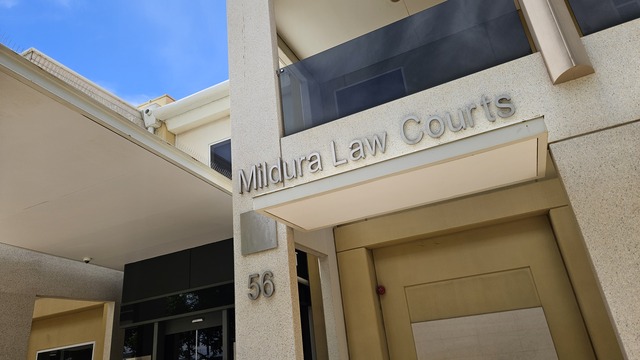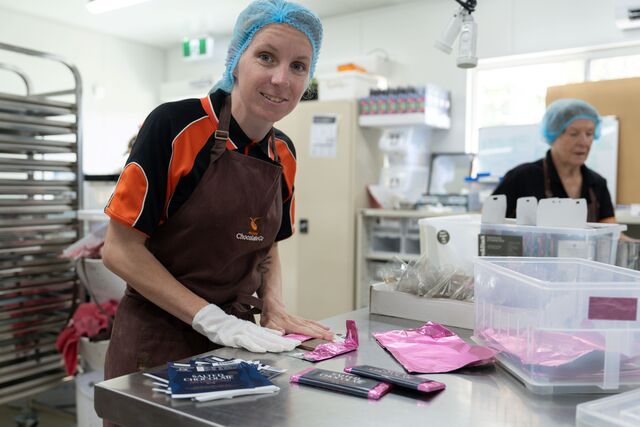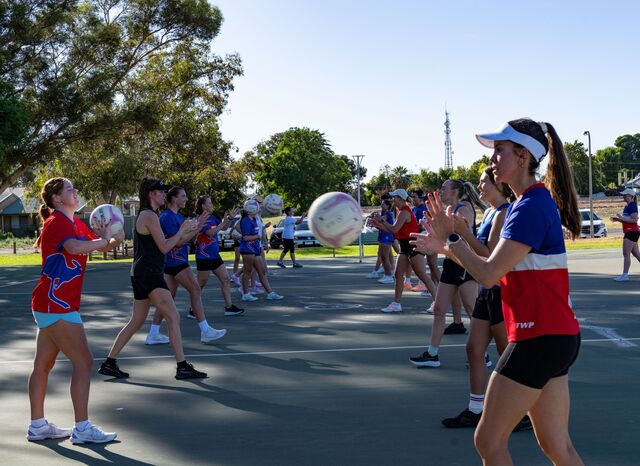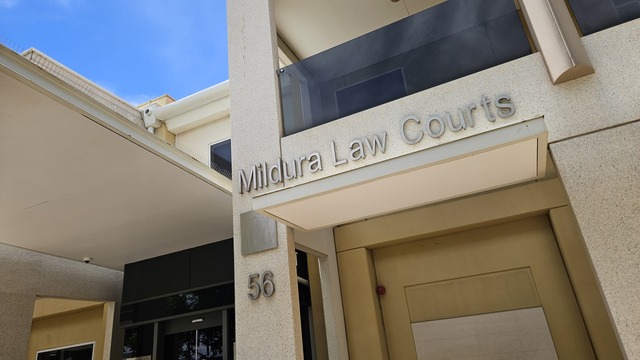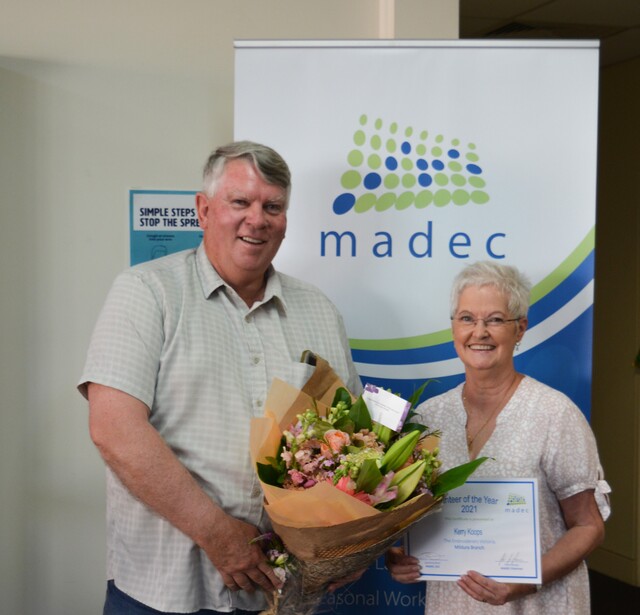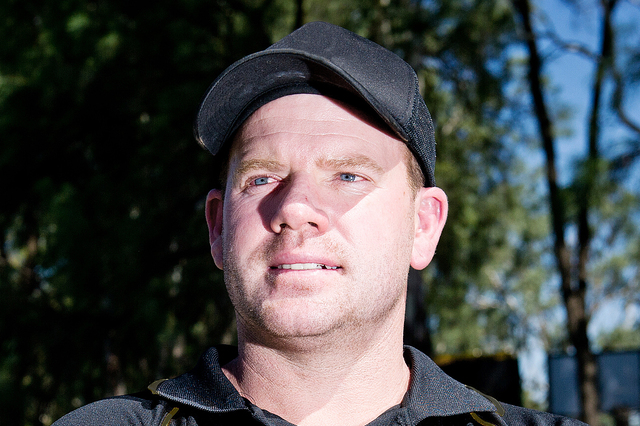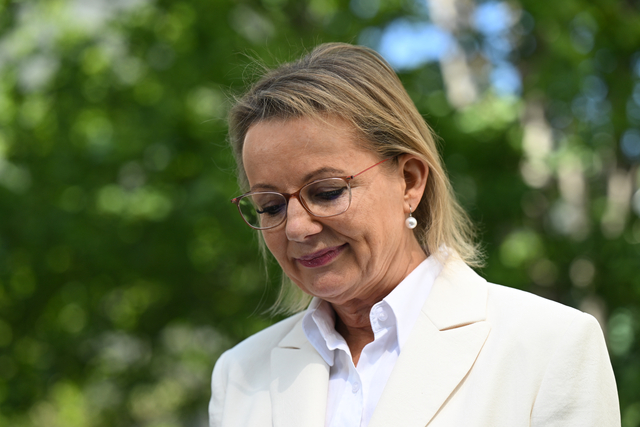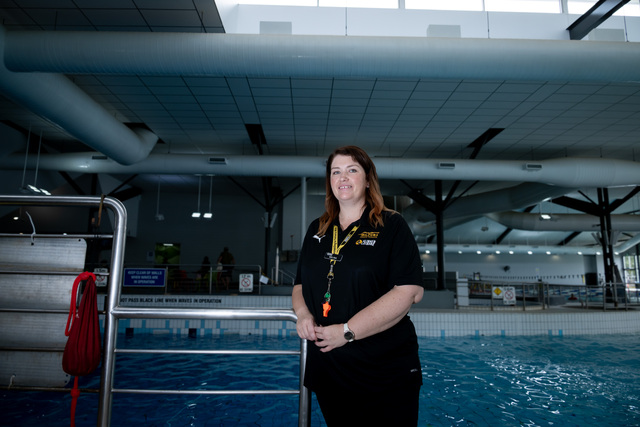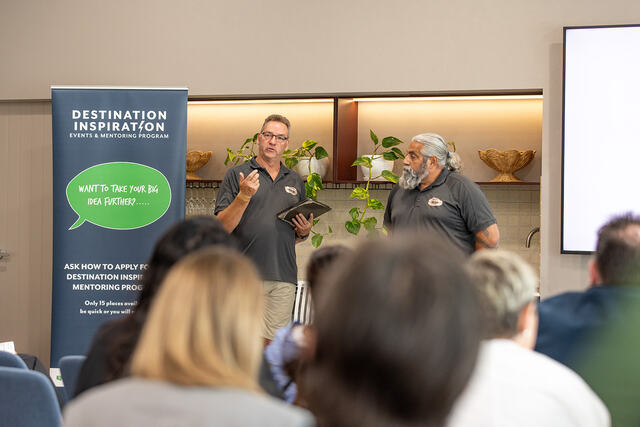YOU know that saying about how “it is what it is”? In politics, “it” doesn’t always work that way.
Take duck hunting, for example. Your might assume that duck hunting is, well, duck hunting, just as it’s always been. That’s what “it is”, right?
Apparently not.
This week, Mildura’s state MP, Jade Benham, has used her regular column in Sunraysia Daily to celebrate the fact that “duck harvesting” will continue in Victoria, despite the recommendations of a cross-party parliamentary committee that the state join NSW and Queensland in banning the practice.
This is a good thing, says the Nationals’ first-termer, because “trained and licensed harvesters” are basically 12-gauge environmentalists who, in a “responsible and sustainable” way, are helping to conserve and restore wetlands.
One wonders how those wetlands survived for millions of years without anyone to blow those feathered ecological vandals out of the sky.
But that’s not all. Ms Benham says “duck harvesting”, despite all those hot metal pellets flying through the bush at the speed of sound, is “safe”. And it also has “huge economic benefits”.
Politicians will often make use of the theory that if you say something loud enough and often enough, at least some people will believe it’s true. This is pretty obvious during election campaigns, but on this occasion Ms Benham doesn’t appear to be hunting (sorry, harvesting) votes.
She’s mainly playing to what the Nats see as their base, which is of course famers and farming communities, making it look like her party is doing something for them by opposing a hunting ban (which the goverment she opposes rejected, anyway).
But this is politics, and it’s opposition politics, so of course Ms Benham cannot let this decison pass by without taking a shot, so to speak, at the other side of political thinking – Labor, the Greens and the Animal Justice Party – whose committee members, she says, recommended a ban based on “ideology alone, ignoring science”.
This is the scatter-gun approach, aimed at bringing down a whole flock of political foes with one shell full of science, fired by a charge of “common sense”.
The problems for Ms Benham here, though, are that she’s assuming that what she says make sense is actually commonly thought of that way, and she’s loading up science without actually arming herself with any.
Opposing the continuation of duck hunting, though, the RSPCA has done the science. Actual science. Research and studies and findings. Stuff that actually is what it is.
For instance, it points out that as only 0.17 per cent of Victorians take part in the practice that’s legal for only three months a year, that claim of “huge economic benefits” is actually firing blanks.
Is duck “harvesting” sustainable? The RSPCA points out that data from the annual Eastern Australian Waterbird Aerial Survey shows game-bird populations to be mostly be well below average.
Do “trained and licenced harvesters” have the knowledge required to hunt humanely, and within the rules of specific species protection?
The RSPCA quotes a Game Management Authority survey in which only 13 per cent of hunters knew how to correctly kill a downed bird, only 20 per cent were able to correctly answer questions about the identification of game ducks, and just 37 per cent who were asked about minimising wounding could provide the correct answers.
Ms Benham might attempt to shoot down these findings (and the others many others that are counter to her statements) on the basis that the RSPCA is opposed to duck hunting, harvesting, shooting, slaughtering, whatever, but there’s one other survey figure that could blow up in her face.
Her party has a habit of labelling environmental progressiveness as a socialist agenda largely contained to the inner suburbs of our capital cities, but research conducted by Kantar Public, and shared by the RSPCA, suggests that while 68 per cent of metropolitan residents are indeed against duck hunting, the figure in regional Victoria is not far behind, at 60 per cent.
If that’s true, Ms Benham has not only ignored science herself, but she’s made an incorrect assumption about her electorate, based on ideology.
In other words, it isn’t what she says it is. If she keeps that up, her political career could end up a dead duck.



